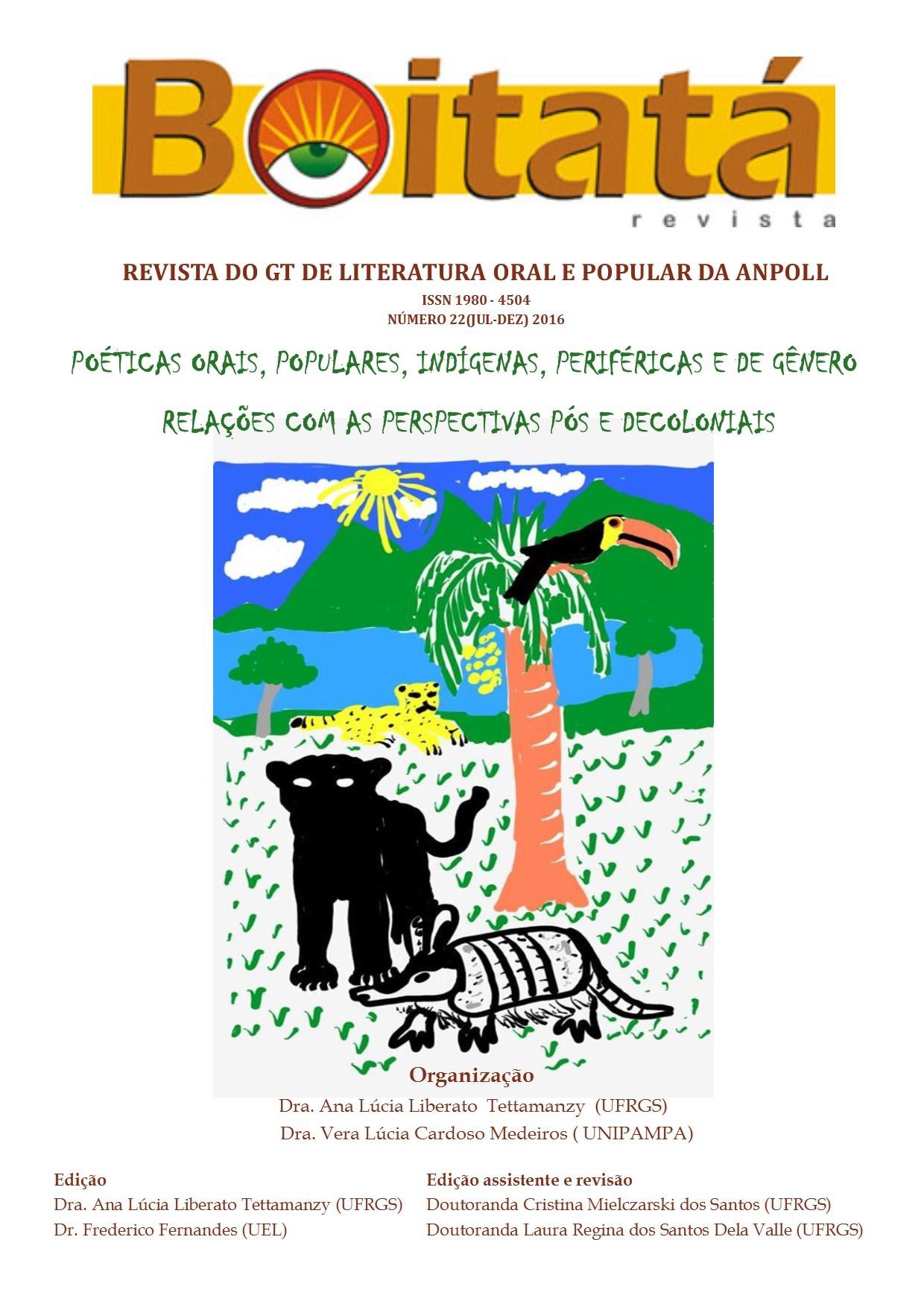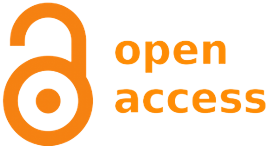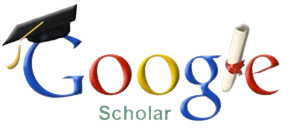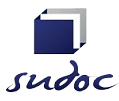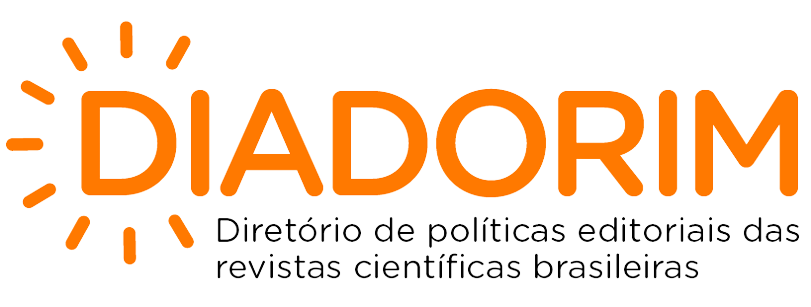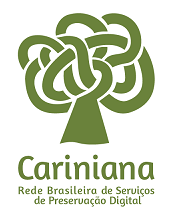The place of the wild portunhol in a history of the language knowledge
DOI:
https://doi.org/10.5433/boitata.2016v11.e31280Keywords:
Portunhol selvagem, History of linguistic knowledge, Resistance, Douglas Diegues.Abstract
This work is part of a perspective that seeks to move away from an universal idea in relation to the linguistic knowledge, locating a research object and giving this a methodological way. The object of this scientific discussion is the portunhol selvagem as artistic expression resistance and cultural movement, so language concept does not occur in relation to a structural and regulatory system; but as the sphere of Historical Materialism and Discourse Analysis, which has in its conception the fact that languages are also social processes, which are established discursively by their relationship to the story in the process of constitution of subjects and senses. Portunhol selvagem written by the artistic and literary resistance bias is developed as theoretical question. From this, the methodological issue is the analysis of a corpus involving Douglas Diegues speeches about this cultural movement. Thus, the objective is to recognize aspects that support this language and artistic literary character of discursive resistance.Metrics
Metrics Loading ...
References
ATTI, F. D. Considerações acerca do movimento do Portunhol selvagem: o paradigma da osmose e a resistência cultural. Babilónia: Revista Lusófona de Línguas, Culturas e Tradução, 2013.
AUROUX, S. A revolução tecnológica da gramatização. Tradução de Eni P. Orlandi. Campinas, SP: Editora da Unicamp, 1992.
AUROUX, S. A questão da origem das línguas, seguido de A historicidade das ciências. Campinas: Editora RG, 2008.
BARRIOS, Graciela. El tratamiento de la diversidad lingüística em el debate educativo: paradigmas teóricos, representaciones y políticas linguísticas. In: ALONSO, Cleuza M. M. C. (Org.). IV Encontro Internacional de Pesquisadores de Políticas Linguísticas. Anais. Universidade Federal de Santa Maria; Associação de Universidades Grupo Montevidéu. Santa Maria: Sociedade Vicente Palloti, 2009.
CALVET, L.J. As políticas linguísticas. Tradução de Isabel Oliveira, Jonas Tenfen, Marcos Bagno. São Paulo: Parábola Editorial: IPOL, 2007.
CASTELLS, M. O poder da identidade. Tradução de Klauss B. Gerhardt. A era da Informação: economia, sociedade e cultura, v.2, 3. ed. São Paulo: Paz e Terra, 2001.
DIAS, L. F. Os sentidos do idioma nacional: as bases enunciativas do nacionalismo no Brasil. Campinas-SP: Pontes, 1996.
FERREIRA, M.C.L. O caráter singular da língua na Análise do Discurso. Organon. v. 17, n. 35. Instituto de Letras - UFRGS, 2003.
GUIMARÃES, E. Política de línguas na linguística brasileira – Da abertura do curso de Letras ao Estruturalismo. In: ORLANDI, Eni P. (Org.). Política linguística no Brasil. Campinas, SP: Pontes Editores, 2007.
STURZA, E. R. Políticas linguísticas e globalização – fronteiras, histórias locais e políticas linguísticas. In: ALONSO, Cleuza M. M. C. (Org.) IV Encontro Internacional de Pesquisadores de Políticas Linguísticas. Anais. Universidade Federal de Santa Maria; Associação de Universidades Grupo Montevidéu. Santa Maria: Sociedade Vicente Palloti, 2009.
VARGAS, F.A. Fronteiras literárias: as línguas ibéricas e o portunhol. Anais do VI Congresso Internacional Roa Bastos, Foz do Iguaçu, 28-30 Set. 2011.
AUROUX, S. A revolução tecnológica da gramatização. Tradução de Eni P. Orlandi. Campinas, SP: Editora da Unicamp, 1992.
AUROUX, S. A questão da origem das línguas, seguido de A historicidade das ciências. Campinas: Editora RG, 2008.
BARRIOS, Graciela. El tratamiento de la diversidad lingüística em el debate educativo: paradigmas teóricos, representaciones y políticas linguísticas. In: ALONSO, Cleuza M. M. C. (Org.). IV Encontro Internacional de Pesquisadores de Políticas Linguísticas. Anais. Universidade Federal de Santa Maria; Associação de Universidades Grupo Montevidéu. Santa Maria: Sociedade Vicente Palloti, 2009.
CALVET, L.J. As políticas linguísticas. Tradução de Isabel Oliveira, Jonas Tenfen, Marcos Bagno. São Paulo: Parábola Editorial: IPOL, 2007.
CASTELLS, M. O poder da identidade. Tradução de Klauss B. Gerhardt. A era da Informação: economia, sociedade e cultura, v.2, 3. ed. São Paulo: Paz e Terra, 2001.
DIAS, L. F. Os sentidos do idioma nacional: as bases enunciativas do nacionalismo no Brasil. Campinas-SP: Pontes, 1996.
FERREIRA, M.C.L. O caráter singular da língua na Análise do Discurso. Organon. v. 17, n. 35. Instituto de Letras - UFRGS, 2003.
GUIMARÃES, E. Política de línguas na linguística brasileira – Da abertura do curso de Letras ao Estruturalismo. In: ORLANDI, Eni P. (Org.). Política linguística no Brasil. Campinas, SP: Pontes Editores, 2007.
STURZA, E. R. Políticas linguísticas e globalização – fronteiras, histórias locais e políticas linguísticas. In: ALONSO, Cleuza M. M. C. (Org.) IV Encontro Internacional de Pesquisadores de Políticas Linguísticas. Anais. Universidade Federal de Santa Maria; Associação de Universidades Grupo Montevidéu. Santa Maria: Sociedade Vicente Palloti, 2009.
VARGAS, F.A. Fronteiras literárias: as línguas ibéricas e o portunhol. Anais do VI Congresso Internacional Roa Bastos, Foz do Iguaçu, 28-30 Set. 2011.
Downloads
Published
2016-10-11
How to Cite
Alves, G. S. (2016). The place of the wild portunhol in a history of the language knowledge. Boitatá, 11(22), 105–117. https://doi.org/10.5433/boitata.2016v11.e31280
Issue
Section
Dossiê
License
Copyright (c) 2016 Boitatá

This work is licensed under a Creative Commons Attribution 4.0 International License.
Boitatá esta licenciada com CC BY sob essa licença é possível: Compartilhar - copiar e redistribuir o material em qualquer suporte ou formato. Adaptar - remixar, transformar, e criar a partir do material, atribuindo o devido crédito e prover um link para a licença e indicar se mudanças foram feitas.

